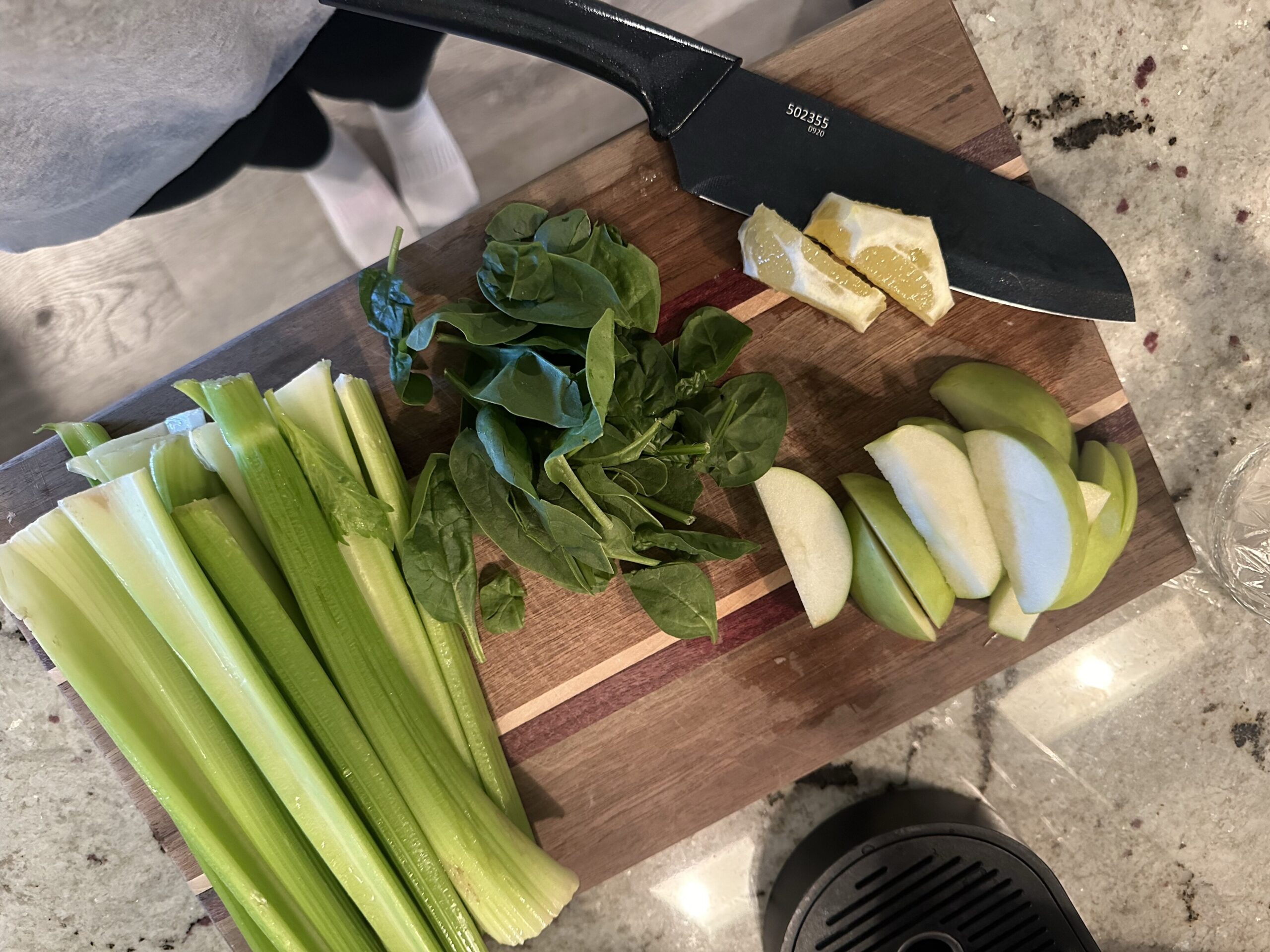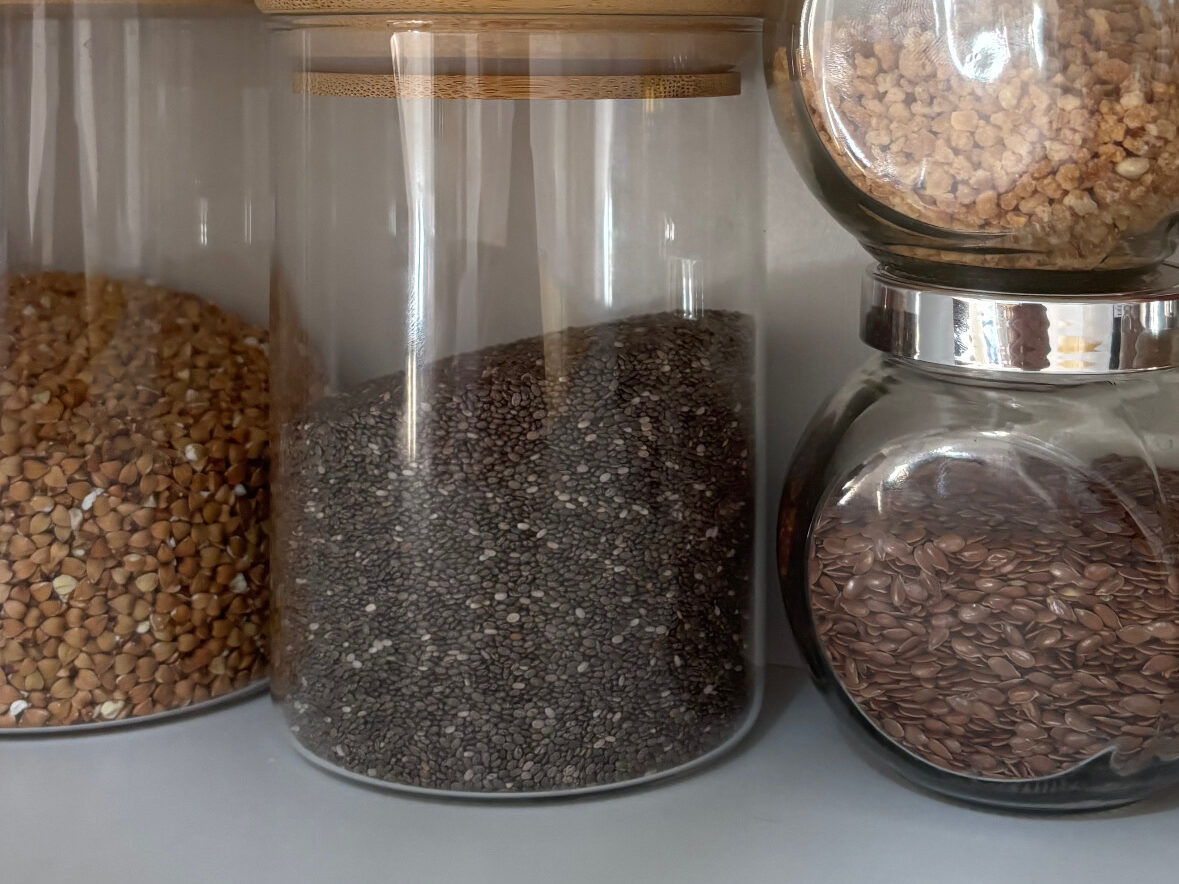In the world of pregnancy nutrition, few topics stir as much debate as folic acid, especially in connection with the MTHFR gene variations. This article aims to provide clarity on this contentious issue and the relevance of folic acid in prenatal care.

Understanding Folic Acid
Folic acid is the synthetic form of vitamin B9, whereas dietary folate is its natural counterpart present in various foods. Both are essential for DNA synthesis and repair and hold immense significance during periods of rapid cell division and growth, as seen in pregnancy.
Folic Acid & Neural Tube Defects (NTDs)
NTDs are severe birth defects of the brain and spine that manifest in the early stages of pregnancy. Folic acid consumption, both before and during pregnancy, can reduce the risk of these defects. It has been estimated that between 16% and 58% of NTDs could be prevented by folic acid supplementation. A recent case–control study reported that prepregnancy folic acid supplementation resulted in a 79% reduction in risk of spina bifida and a 57% reduction in risk of anencephaly.
The MTHFR Controversy
In the U.S., about 1 in 3 people have at least one MTHFR variant, and 1 in 10 people have variants in both copies of the MTHFR gene variant. Sounds daunting but let’s peel back the curtain a bit to see what’s really going on when we say “gene variant”. The MTHFR gene and its variations have taken center stage in this debate. The Methylenetetrahydrofolate Reductase (MTHFR) enzyme is involved in the conversion of folic acid into its active form.
Here are some facts:
- 40-60% of individuals have one or two MTHFR gene variations.
- A severe form of this gene variation is present in less than 1% of the population.
The debate intensifies around the recommendation of supplements for those with MTHFR variations. Some (especially expensive prenatal supplement companies) advise against folic acid because of the “appeal to nature fallacy” and the “risks” (completely unfounded and misunderstood) associated with the MTHFR variation. Instead, they recommend L-methylfolate. They tout it as “natural” but make no mistake, this is not the same as folate found in food and is, in fact, made in a lab setting. This compound supposedly bypasses the MTHFR enzyme in the folate conversion process, suggesting a possible solution for those with a less functional enzyme. However, that’s now how the body uses folate at all. The folate conversion process is cyclical, not linear. So even if MTHFR is skipped once, it will be involved as the folates get cycled through the pathway again and again. Because this cycling occurs hundreds or thousands of times a day the advantage of taking L-methylfolate, compared to folic acid, is absolutely minimal.
Folic acid is the only form of folate shown to prevent neural tube defects.
And is superior to other forms of folate – even if you have the MTHFR gene variant.
- Bioavailability: Natural food folate is approximately 50% bioavailable, folic acid is 85% bioavailable and hence is ∼1.7 times more bioavailable than food folate.
- Consistency: Maintaining recommended folate levels purely from diet can be challenging. Folic acid supplements and fortified foods offer a reliable solution. You can eat a diet rich in natural food folate. Folate can be found in foods like beans, peas, and lentils; oranges and orange juice; asparagus and broccoli; and dark leafy green vegetables such as spinach and mustard greens. However, it can be hard for most individuals to get the recommended daily amount of folate through food alone (and much of the folate is destroyed in cooking whereas folic acid in fortified foods maintains it’s bioavailability entirely)
- Prevention of NTDs: Again, folic acid is the only folate form conclusively shown to protect against neural tube defects.
Dosage Recommendations
- Before Pregnancy: 400 micrograms (mcg) of folic acid daily
- During Pregnancy: 600-800 mcg daily
- Lactation: 500 mcg daily
Fortified foods, including many cereals, pastas, and bread, can help in meeting these requirements and a supplement can help ensure you meet them. Always refer to the nutrition label to verify the folic acid content.
Navigating the labyrinth of pregnancy nutrition can be daunting. The role of folic acid, even amidst controversies, remains critical. Especially given its undeniable ability to prevent NTDs, its value is indisputable. For individual concerns or personalized advice, always consult with healthcare professionals. Above all, remember that folic acid remains a cornerstone nutrient for pregnancy wellness.
My recommendations for prenatal vitamins:
- Nature Made Prenatal Multi + Dha, 200mg
- ADD CHOLINE
- One A Day Prenatal Advanced Complete Multivitamin with Brain Support with Choline, Folic Acid, Omega-3 DHA & Iron
- Rainbow Light Prenatal One Daily Multivitamin, Non-GMO, Vegetarian & Gluten Free
- ADD DHA
- Deva vegan prenatal
- add DHA
**note: I have no professional affiliation with any of these companies. I am not receiving any compensation for recommending them.





Read the Comments +